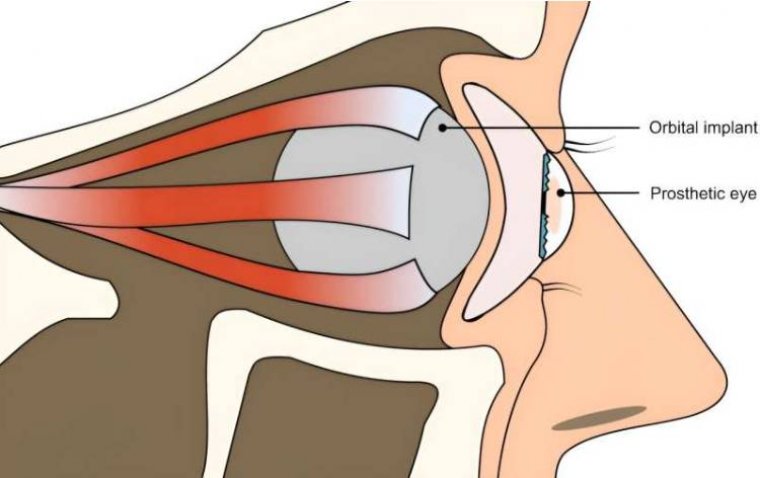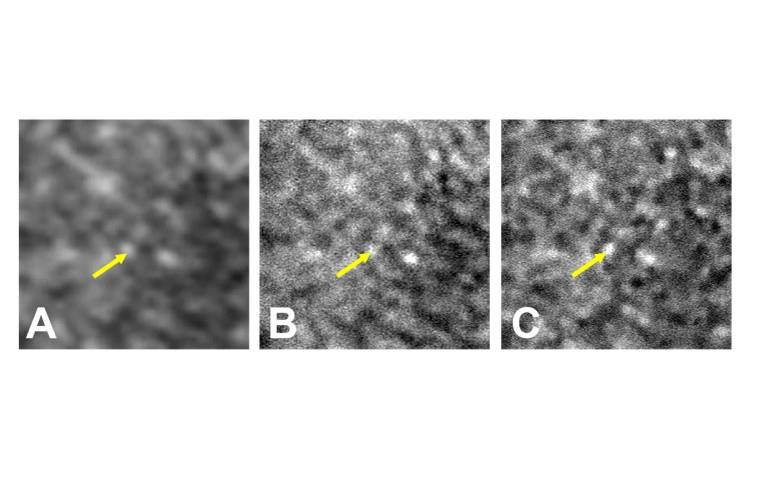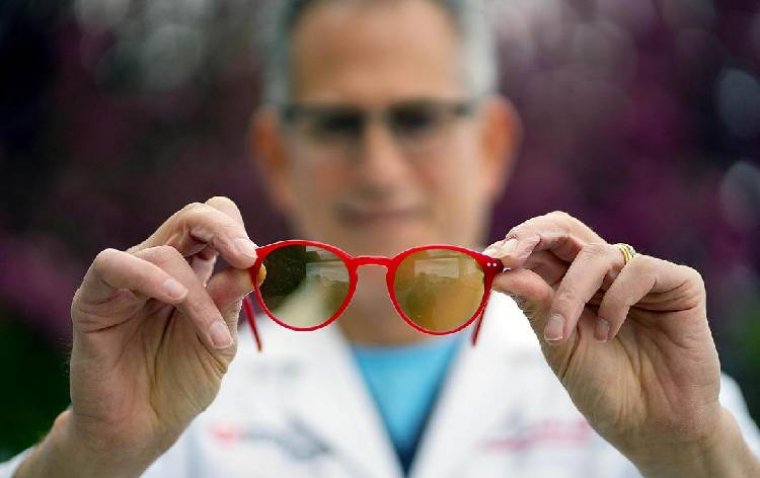
Researchers Test AI-Enhanced Retinal Scanning to Assess Cardiovascular Risk
A collaborative team of international researchers is exploring the potential of artificial intelligence (AI) in ophthalmology to assess cardiovascular risks by analyzing retinal images. The study has been detailed in a position paper published in the Asia-Pacific Journal of Ophthalmology.
Research Collaboration and Leadership
The research is spearheaded by Lama Al-Aswad, MD, MPH, a professor of ophthalmology and the Irene Heinz Given and John La Porte Given Research Professor of Ophthalmology II at the Scheie Eye Institute. This initiative is the result of a partnership among prominent institutions, including Penn Medicine, Penn Engineering, the University of Michigan Kellogg Eye Center, St. John Eye Hospital in Jerusalem, and Gyeongsang National University College of Medicine in Korea.
AI and Fundus Photography for Systemic Disease Biomarkers
According to the researchers, fundus photography allows detailed imaging of the retina, offering a significant opportunity for AI to detect systemic disease biomarkers. When there is a sufficient volume of high-quality retinal images, AI systems can be trained to detect biomarkers, such as elevated HbA1c levels. Elevated HbA1c is a crucial marker for high blood sugar levels, commonly detected via blood tests, which indicates an increased risk of diabetes and cardiovascular diseases.
This research leverages the field of oculomics, which studies biomarkers within the eye to gain insights into overall systemic health.
Exploring Oculomics and AI for Cardiovascular Risk Assessment
The paper examines the potential of oculomics to transform clinical care by integrating AI into ophthalmology for systemic health monitoring. The researchers highlight key issues clinicians should consider as the field of ophthalmology enters a new era where AI can enhance systemic health evaluations through eye care.
A pilot study is referenced, in which AI models were trained to predict HbA1c levels based on retinal images. The study took into account factors such as model size, architecture, presence of diabetes, age, and sex, all of which influence the AI's performance in predicting cardiovascular risk factors.
Challenges in Developing Trustworthy AI Models
One of the primary concerns addressed by the research is the potential for biased AI models. For example, if the training data predominantly includes older patients, the model's accuracy in assessing cardiovascular risk across a diverse population could be compromised. This highlights the importance of developing trustworthy and unbiased AI models for assessing cardiovascular risk factors before they are integrated into clinical practice.
Implications for Early Disease Detection and Personalized Healthcare
Dr. Al-Aswad emphasized the importance of this research in bridging the gap in early disease detection. "By leveraging AI to analyze retinal images for cardiovascular risk assessment, we aim to bridge a crucial gap in early disease detection. This method not only enhances our ability to identify at-risk individuals but also holds promise for transforming how we manage chronic conditions such as diabetes."
Al-Aswad also stressed the significance of focusing on practical applications of AI technology, which will enable a shift toward more personalized and preventative healthcare solutions.
Responsible AI Deployment in Healthcare
Kuk Jin Jang, PhD, a postdoctoral researcher at the Penn Research in Embedded Computing and Integrated Systems Engineering (PRECISE) Center at the University of Pennsylvania, highlighted the importance of responsible AI use in healthcare. He noted that, while AI advancements hold great promise, it is critical for clinicians and researchers to employ these technologies responsibly to ensure they provide the most benefit to patient care.
Multidisciplinary Collaboration for Advancing Patient Care
Joshua Ong, MD, a resident physician at the University of Michigan and PRECISE Center affiliate, praised the collaborative effort, stating, "Our collaboration serves to further understand how we can responsibly leverage this revolutionary technology to benefit patients in the future. It is a testament to the collaborative advances formed when healthcare and engineering come together to work towards responsible AI for patient care."
PRECISE Center Director Insup Lee, PhD, also underscored the collaboration's potential to revolutionize healthcare. "This collaboration reflects a deep commitment to advancing healthcare through innovative AI applications. By combining our expertise, we are paving the way for significant improvements in patient care and the overall management of long-term health challenges."
Conclusion
The ongoing research into AI-assisted retinal scanning for cardiovascular risk assessment represents a crucial advancement in integrating artificial intelligence with ophthalmology. By improving early detection and offering more personalized care, this work has the potential to transform the management of chronic conditions such as diabetes and cardiovascular disease. The collaboration among healthcare and engineering experts is setting the stage for responsible and innovative AI applications in patient care.
(1).jpg)









